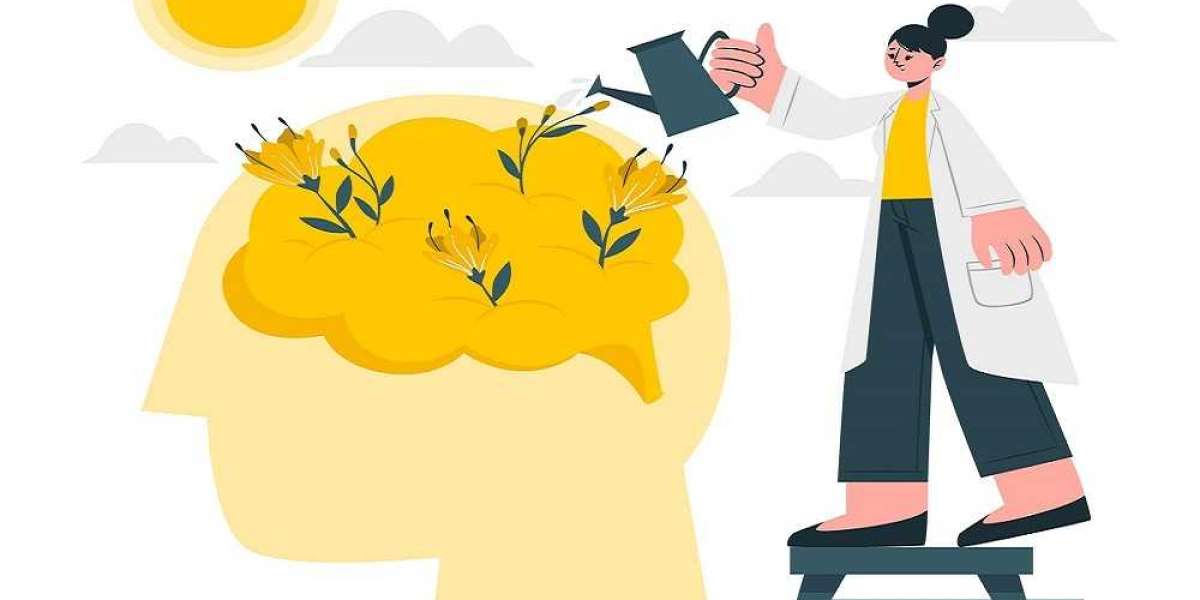In recent years, ketamine treatment center have gained attention for their innovative approach to mental health care, particularly in treating conditions like depression, anxiety, PTSD, and chronic pain. At Memor Health, we are committed to providing our patients with the most effective and cutting-edge therapies available. This article delves into the intricacies of ketamine treatment, the benefits it offers, and what one can expect from a visit to a specialized center.
What is Ketamine and How Does it Work?
Ketamine, originally developed as an anesthetic, has been found to have significant antidepressant properties. It works primarily through its action on the NMDA receptor in the brain, leading to a rapid increase in glutamate levels. This neurotransmitter plays a crucial role in synaptic plasticity, which is essential for learning and memory. By promoting neurogenesis—the formation of new neural connections—ketamine can help alleviate symptoms of various mental health disorders.
Mechanism of Action
- Rapid Antidepressant Effects: Unlike traditional antidepressants that may take weeks to show effects, ketamine can lead to significant improvements within hours.
- Neurotransmitter Regulation: Ketamine modulates glutamate and other neurotransmitters, helping restore balance in the brain.
- Inflammation Reduction: There is emerging evidence that ketamine may reduce neuroinflammation, a contributing factor in many psychiatric disorders.
Benefits of Ketamine Treatment
The efficacy of ketamine in treating mental health conditions is well-documented, with numerous studies supporting its benefits. Here, we outline the key advantages of seeking treatment at a specialized ketamine treatment center.
1. Rapid Relief from Symptoms
For many individuals suffering from severe depression or anxiety, the immediate relief offered by ketamine can be life-changing. Patients often report a decrease in suicidal thoughts and feelings within hours of their first infusion.
2. Effective for Treatment-Resistant Conditions
Traditional treatments, including SSRIs and therapy, do not work for everyone. Ketamine provides an alternative for those who have not found success with other methods, making it particularly valuable for treatment-resistant depression and PTSD.
3. Minimal Side Effects
While all medications come with potential side effects, ketamine is generally well-tolerated. Patients may experience mild dissociative effects during treatment, which typically resolve quickly.
4. Improved Quality of Life
With reduced symptoms, many patients find that their overall quality of life improves significantly. They may regain interest in activities, improve relationships, and enhance productivity.
What to Expect at a Ketamine Treatment Center
When you choose to pursue treatment at a ketamine treatment center like Memor Health, you can expect a thorough and compassionate approach to care.
Initial Consultation
Your journey will begin with a detailed consultation, during which a licensed professional will assess your medical history, current symptoms, and treatment goals. This is a crucial step to determine if ketamine therapy is right for you.
Personalized Treatment Plan
Based on the initial evaluation, a customized treatment plan will be developed. This plan may include the frequency and dosage of ketamine infusions, as well as any accompanying therapies that may enhance the treatment's effectiveness.
The Infusion Process
- Setting: Treatments are typically administered in a comfortable and calm environment to ensure relaxation.
- Monitoring: A trained medical professional will monitor your vitals throughout the infusion, ensuring your safety and comfort.
- Duration: Each infusion session lasts about 40 minutes to an hour, followed by a recovery period where you can relax before leaving.
Post-Treatment Support
After the infusion, follow-up appointments are crucial to monitor progress and make any necessary adjustments to your treatment plan. Support groups and additional therapy options may also be recommended to enhance long-term outcomes.
The Science Behind Ketamine Therapy
The growing body of research supports the use of ketamine as a viable treatment option for various psychiatric disorders. Clinical trials have shown remarkable results, with many patients experiencing significant improvement after just a few sessions.
Key Research Findings
- Depression: Studies have indicated that up to 70% of patients with treatment-resistant depression experience a reduction in symptoms after ketamine treatment.
- Anxiety Disorders: Research suggests that ketamine can rapidly reduce anxiety symptoms, particularly in patients with generalized anxiety disorder and social anxiety.
- PTSD: Clinical evidence supports the use of ketamine in reducing the severity of PTSD symptoms, helping patients process traumatic memories more effectively.
Safety and Considerations
While ketamine therapy is generally safe, it is essential to approach it with care. Not all individuals are suitable candidates, particularly those with certain medical conditions or a history of substance abuse. A thorough evaluation will help determine the appropriateness of ketamine treatment for each individual.
Common Concerns
- Dissociative Effects: Some patients may experience feelings of detachment or altered perceptions during treatment. These effects are typically short-lived.
- Potential for Misuse: Although ketamine has therapeutic benefits, its potential for misuse as a recreational drug necessitates careful screening and monitoring by healthcare professionals.
Conclusion
Ketamine treatment centers like Memor Health are at the forefront of mental health innovation, offering hope to those who have struggled with traditional therapies. With its rapid action and proven efficacy, ketamine therapy can transform lives, providing relief and a renewed sense of purpose. If you or a loved one are seeking alternative treatment options, we invite you to explore the possibilities that ketamine therapy can offer.



